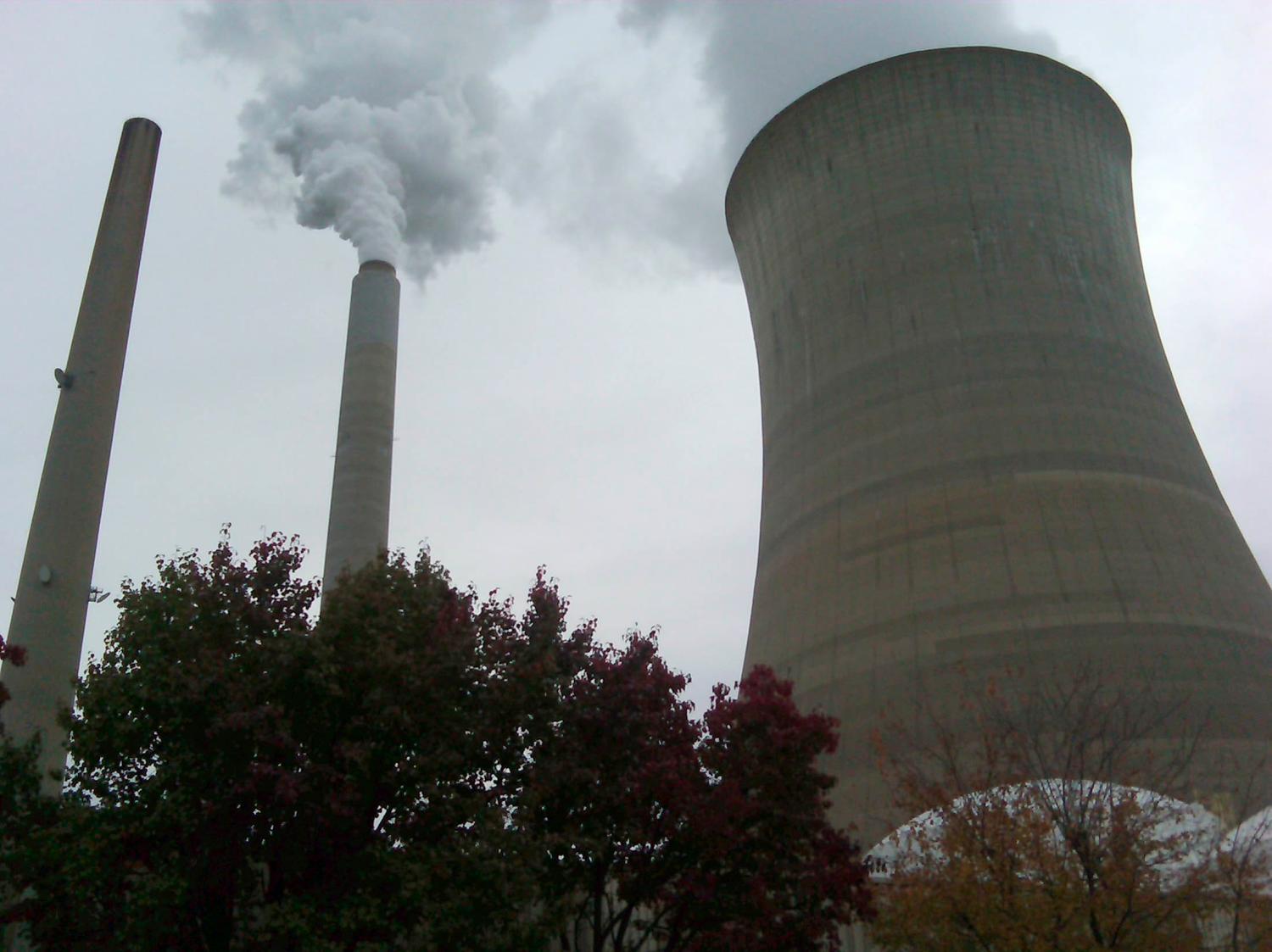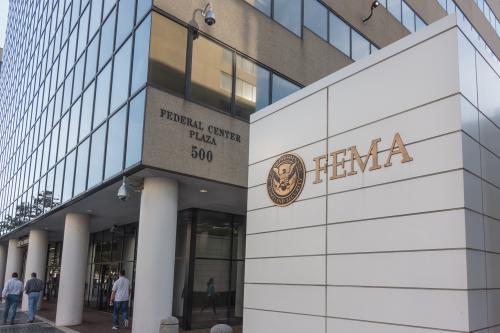Significant congressional efforts to address climate change have failed, and the issue has received almost no attention on the 2012 campaign trail. In spite of these facts, federal regulations designed to reduce greenhouse gas (GHG) emissions and mitigate climate change are real and growing in importance.
Without the benefit of new legislation, the Environmental Protection Agency (EPA) has finalized rules under the Clean Air Act affecting motor vehicle fuel efficiency and emissions from power plants. After surviving a number of legal challenges, these rules will remain in place and grow in importance in coming years. In this research note, Philip Wallach surveys the development of U.S. climate change policy and assesses where GHG regulation can and should go from here.
Wallach provides a detailed analysis of how the Clean Air Act was reinterpreted to apply to GHG emissions, examining the statute’s legislative history and the environmentalist lawsuit brought to force its application to GHG emissions, which culminated in the Supreme Court ruling that the agency must take action. He then examines the policies that have resulted, including ambitious new fuel economy standards for cars and trucks and stringent emission requirements for all new power plants, as well as not-yet-promulgated rules that the statute seems to require.
He explains why the Clean Air Act is an awkward tool for addressing the problem of climate change, arguing that a straightforward application of the Act’s requirements would require extremely burdensome regulations producing little social benefit.
Because of these difficulties, Wallach argues that future lawmakers should look for opportunities to clean up this increasingly messy policy area—emphasizing that congressional inaction has now become a recipe for wasteful regulation. He highlights one possibility that should be especially attractive in the current fiscally-challenged political moment: a grand bargain instituting a carbon tax in exchange for payroll or income tax reduction coupled with a narrowing of EPA’s mandate to regulate GHG emissions.




